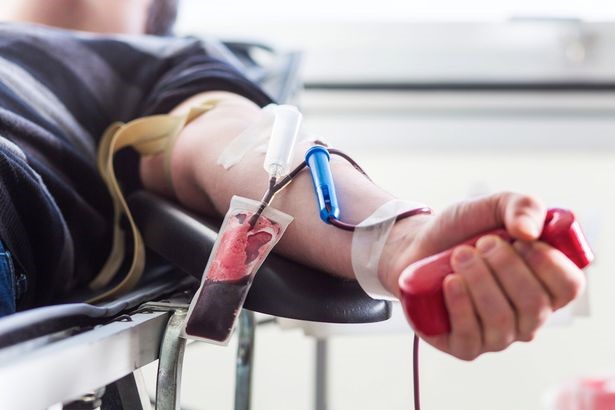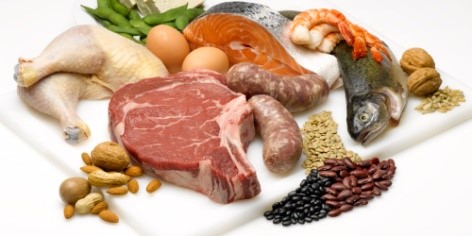


You may consider donating blood in many different situations. Sometimes, a loved one needs a transfusion, or you may want to donate blood for people who need it. Whatever the reason, you should understand that donating blood can help save lives. Donating blood is very important, and many people are doing this. If you are one of them, you may want to know what to do after donating blood.

It is usually quite safe to donate blood, but you may sometimes experience mild after effects. For instance:
Do not leave soon after donating blood. Take a rest, eat a light snack, and leave the observation area after 15 minutes. Here is a list of other things you should do after donating blood.
If you forget to inform your doctor about any important health information before donating blood, be sure to get in touch with your doctor. You should also call the healthcare provider if you:
What to eat and what to do after donating blood? Along with taking some rest, you should also consider eating certain foods after donating blood to compensate for any loss of energy. Here are some good options to consider.

Your blood cells need iron to carry oxygen to your tissues. Besides, your body cannot produce healthy red blood cells in the absence of enough iron. Eating iron-rich foods after donating blood will help your body make new blood cells. Some of the most common iron-rich foods are red meat, spinach, poultry, fish, raisins, and beans. Peanut butter and nuts are also rich in iron. If you eat plant sources of iron, be sure to eat citrus fruits or vitamin-C rich foods to improve the absorption of iron.

Vitamin B2 or riboflavin is essential for the production of healthy red blood cells. Your body needs riboflavin to turn carbs into energy. Eating foods with riboflavin will keep you from feeling weakened after giving blood. Foods that have folate and iron usually have riboflavin as well. Some common examples are peas, eggs, leafy green veggies, nuts, asparagus, broccoli, and vitamin-fortified cereals. Yogurt and milk are also good sources of riboflavin.

Also called folic acid, vitamin B9, and folacin, folate is essential for the production of new red blood cells. Eating foods rich in folate helps replace blood cells lost during blood donation. Some great sources of folate are dried beans, liver, leafy green veggies, and asparagus. Fortified breads, rice, cereals, and orange juice are also great sources of folate.

Your body needs vitamin B6 during the production of new red blood cells. It enables your body to break down proteins, which provides some essential nutrients you need after donating blood. Some of the best sources of vitamin B6 are bananas, potatoes, nuts, seeds, fish, red meat, spinach, and eggs.
The lab assistants will test your blood to determine the blood type which is classified as A, B, AB, or O along with your Rh factor. The Rh factor tells more about the absence or presence of a specific antigen that can stimulate an immune response. Only the person who is compatible with your Rh factor and blood type will receive your blood. Your blood is also tested for certain diseases, such as hepatitis, syphilis, and HIV. The blood is available for use only when these tests are negative. Your blood will be discarded if these tests are positive, and you will also be informed in this case.
Now you know what to do after donating blood, it is also important to know how long you should wait before donating again. You should wait for at least eight weeks to donate blood again as your body needs this long to produce new red blood cells to replace the old ones. You can donate more often if you are donating plasma as your red blood cells will be given back.